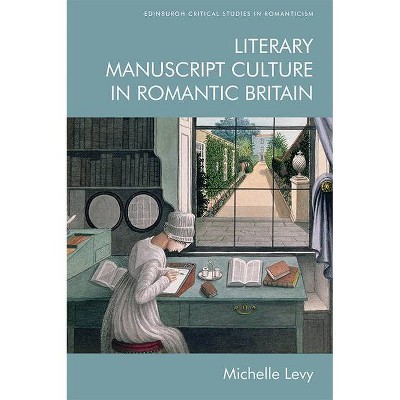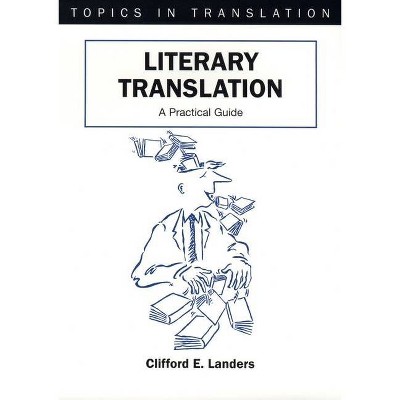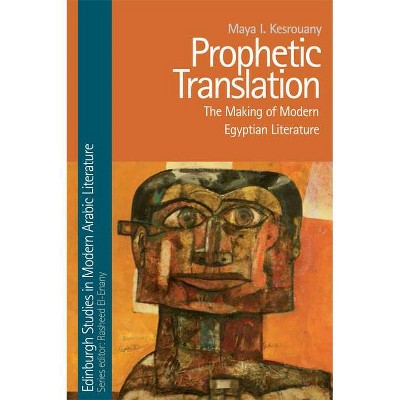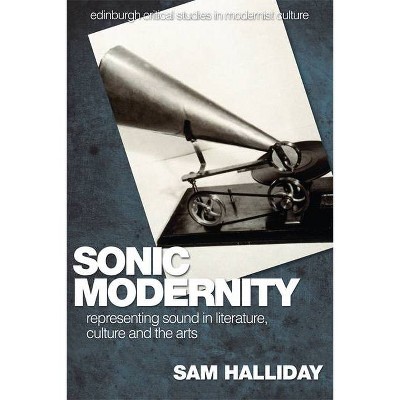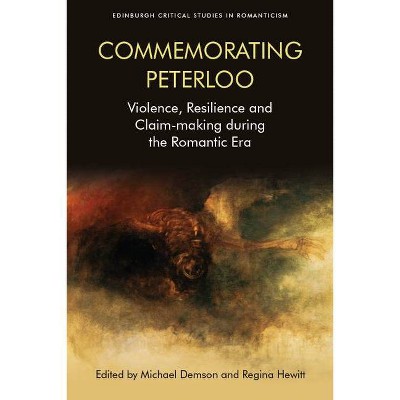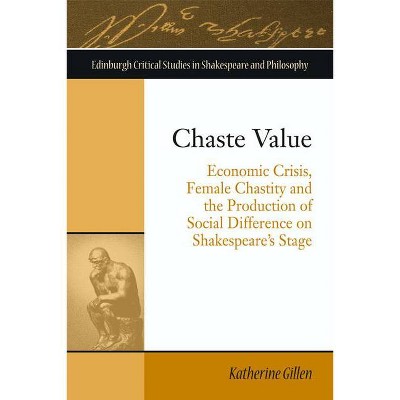Nature Translated - (Edinburgh Critical Studies in Literary Translation) by Alison E Martin (Paperback)
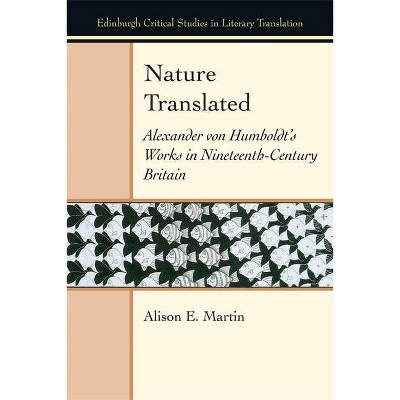
Similar Products
Products of same category from the store
AllProduct info
<p/><br></br><p><b> About the Book </b></p></br></br><p>This book shows how Alexander von Humboldt's British translators, now largely forgotten figures, were pivotal in moulding his prose and his public persona as they reconfigured his works for readers in Britain and beyond.</p><p/><br></br><p><b> Book Synopsis </b></p></br></br><p><strong>The first extensive analysis of the translation, publication and critical reception of Alexander von Humboldt's writings in nineteenth-century Britain</strong></p> <p>Alexander von Humboldt was one of the most important scientists of the nineteenth century. Captivating his readers with his vibrant, lyrical prose, he transformed understandings of the earth and space by rethinking nature as the interconnection of global forces. This book argues that style was key to the success of these translations and shows how Humboldt's British translators, now largely forgotten figures, were pivotal in moulding his prose and his public persona as they reconfigured his works for readers in Britain and beyond.</p> <p><strong>Key Features</strong></p> <ul> <li>Prompts a rethinking of the role of translation in mediating scientific knowledge</li> <li>Reconsiders how translators shape a scientist's international reputation</li> <li>Draws on extensive archival material in neglected publishers' archives to shed new light on how authors, their translators and their publishers collaborate</li></ul><p/><br></br><p><b> From the Back Cover </b></p></br></br>The first extensive analysis of the translation, publication and critical reception of Alexander von Humboldt's writings in nineteenth-century Britain Alexander von Humboldt was one of the most important scientists of the nineteenth century. Captivating his readers with his vibrant, lyrical prose, he transformed understandings of the earth and space by rethinking nature as the interconnection of global forces. This book argues that style was key to the success of these translations and shows how Humboldt's British translators, now largely forgotten figures, were pivotal in moulding his prose and his public persona as they reconfigured his works for readers in Britain and beyond. Drawing on extensive archival material in neglected publishers' archives, it sheds new light on how authors, their translators and their publishers collaborate and prompts a review of the role of translation in mediating scientific knowledge. Alison E. Martin is Professor of British Studies at the Johannes Gutenberg-Universität Mainz (Germersheim).<p/><br></br><p><b> Review Quotes </b></p></br></br><br><p>Alison Martin's <i>Nature Translated</i> is a significant addition to Humboldt studies. [...] The work of translation, and in particular of female translators hitherto marginalised or overlooked entirely, was central to the meaning and mobility of Humboldt's words and to his reputation as a man of action and of letters. [...] <i>Nature Translated</i> is important, thoughtfully written, and thought provoking.</p>--Charles W. J. Withers, University of Edinburgh "Journal of Historical Geography, 66 (2019) "<br><br><p>What <i>Nature Translated</i> makes clear, in its engaging and often forensic attention to the translator's art, is that studies of translation are of central importance in understanding how scientific and geographical ideas circulated among specialist and popular audiences in the nineteenth century.</p>--Innes M. Keighren, Royal Holloway, University of London "Scottish Geographical Journal, 2020 "<br><p/><br></br><p><b> About the Author </b></p></br></br><p>Alison E. Martin is Professor of British Studies at the Johannes Gutenberg-Universität Mainz (Germersheim). She is the author of <i>Moving Scenes: The Aesthetics of German Travel Writing on England, 1783-1830</i> in the Legenda monograph series <i>Studies in Comparative Literature Vol 13</i>.<p>
Price History
Price Archive shows prices from various stores, lets you see history and find the cheapest. There is no actual sale on the website. For all support, inquiry and suggestion messagescommunication@pricearchive.us

